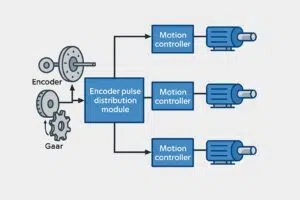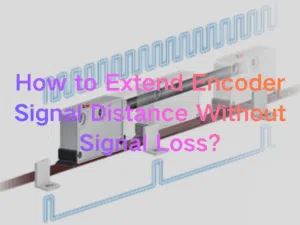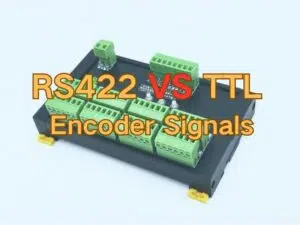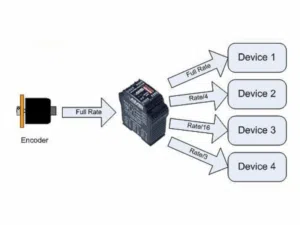Introduction
This guide explains how to choose pluggable terminal block, offering a systematic approach for diverse applications. We cover critical parameters, performance factors, and environment-specific selection strategies to ensure project success.
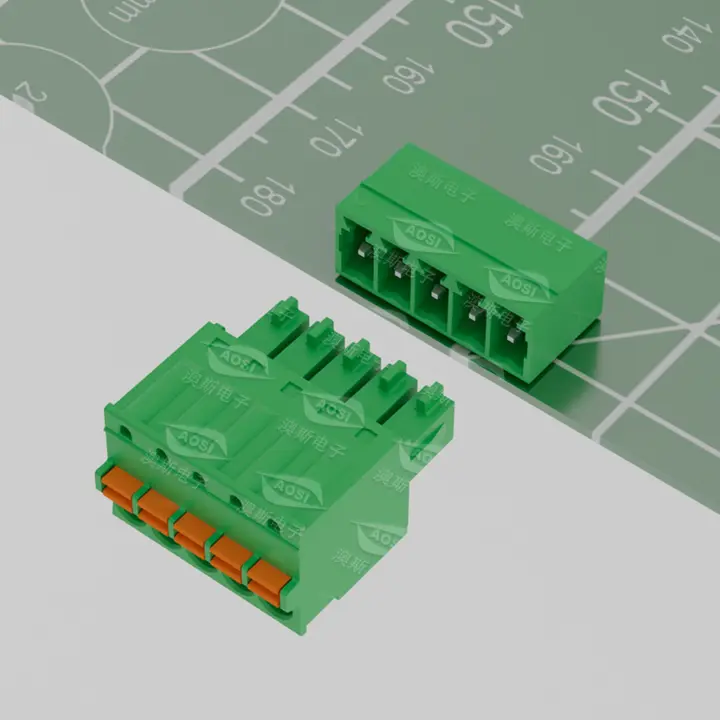
Step1. Identify Factors to Choose Pluggable Terminal Block
Before evaluating technical specs, understand your application needs – this first step is crucial when learning how to choose pluggable terminal block for optimal performance.
Define Application Environment:
- ndoor/Outdoor: Involves moisture and dust protection (IP protection rating) as well as UV exposure.
- Temperature: Will extreme high or low temperatures affect material performance and connection reliability?
- Humidity: High humidity environments might require special coatings or sealing.
- Vibration and Shock: Could mechanical stress lead to loose connections?
- Corrosive Environment: Are corrosive gases or liquids, such as chemicals or salt spray, present?
Determine Electrical Parameters:
- Rated Voltage: Your pluggable connector must be able to withstand the circuit’s maximum operating voltage, with sufficient safety margin.
- Rated Current: Ensure the plug-in wiring terminal can safely transmit the circuit’s maximum operating current, preventing overheating.
- Wire Gauge (AWG/mm²): Determine the size of the wires you will use to ensure the connector is compatible and provides reliable clamping force.
Identify Mechanical Parameters:
- Mounting Type: Is it PCB mounting (through-hole pluggable terminal blocks, SMT) or DIN rail mounting?
- Pitch: Select based on PCB layout space and electrical isolation requirements. Common pitches include 2.54mm, 3.81mm, 5.0mm, 5.08mm, etc.
- Positions: How many wires need to be connected? Choose from 2-pole to multi-pole, as required.
- Connection Orientation: Right-angle, horizontal, or vertical, to accommodate internal device space layout and operational convenience.
- Insulation Material: Pay attention to the material’s temperature rating and flammability rating (UL94 V-0)
- Contact Material: Usually copper alloy, offering good conductivity.
- Plating: Common options include tin plating (lower cost, good versatility) and gold plating
Step2. Determine the Certification of Terminal Block You Need
When learning how to choose pluggable terminal block, prioritize reputable brands for higher quality standards and better service support. Always verify international certifications—a crucial step in the selection process.
UL (Underwriters Laboratories)
Safety standard for the North American market, with a strong focus on electrical and fire safety.
VDE (Verband der Elektrotechnik Elektronik Informationstechnik):
German Association for Electrical, Electronic & Information Technologies, a hallmark of high quality and safety in the European market.
CE (Conformité Européenne):
Mandatory EU certification, indicating that the product complies with relevant EU health, safety, and environmental standards.
RoHS (Restriction of Hazardous Substances):
An EU directive limiting the use of hazardous substances in electrical and electronic equipment, demonstrating environmental commitment.
Choosing pcb plug in connectors with these certifications can significantly mitigate risks, ensure product compliance, and enhance market competitiveness.
Step3. Choose AOSI Electronics for Your Pluggable Terminal Block Supplier?
With 10+ years in terminal block manufacturing, AOSI Electronics helps you understand how to choose pluggable terminal block wisely. As a trusted OEM/ODM partner, we deliver high-quality, cost-effective interconnect solutions through in-house production, rigorous QC, and fast turnaround—serving industrial automation, power control, and smart building sectors.
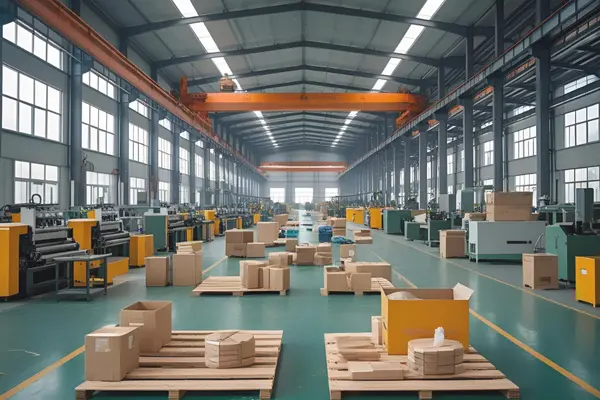
✅Factory-direct pricing– no middlemen, maximum value
✅Certified quality– UL, CE, RoHS-compliant products
✅ Flexible customization – pitch, color, packaging, and branding options
✅ Global logistics – rapid shipping with stable lead times
✅ Professional support – free samples, technical guidance, and cross-brand compatibility advice
📩 Not sure what to choose? Contact AOSI’s technical team for free selection assistance or request customized samples for evaluation.
Step4.Key Mistakes to Avoid When You Choose Pluggable Terminal Block
Selection Pitfalls and Common Issues
Common pitfalls during the selection process include:
Over-pursuing low prices:
Sacrificing quality and reliability, leading to significantly increased long-term maintenance costs.
Ignoring environmental factors:
Selecting based solely on electrical parameters without considering the complexity of the actual operating environment.
Neglecting ease of maintenance:
Making it difficult to quickly troubleshoot equipment failures.
Misinterpreting technical parameters:
Not fully understanding ratings, test standards, etc., leading to selection deviations.
🔥 2025 New Launches: Pluggable Terminal Block Innovations
As industrial automation and smart control systems advance, learning how to choose pluggable terminal block becomes critical for compact PCB designs. AOSI Electronics‘ 2025 next-gen lineup delivers the modular, space-saving solutions you need—engineered for peak performance, flexibility, and future-ready applications.
🌟 What’s New in 2025?
(1) Ultra-Narrow Pitch Designs (≤3.5 mm)
Ideal for miniaturized control modules and signal boards where every millimeter counts.
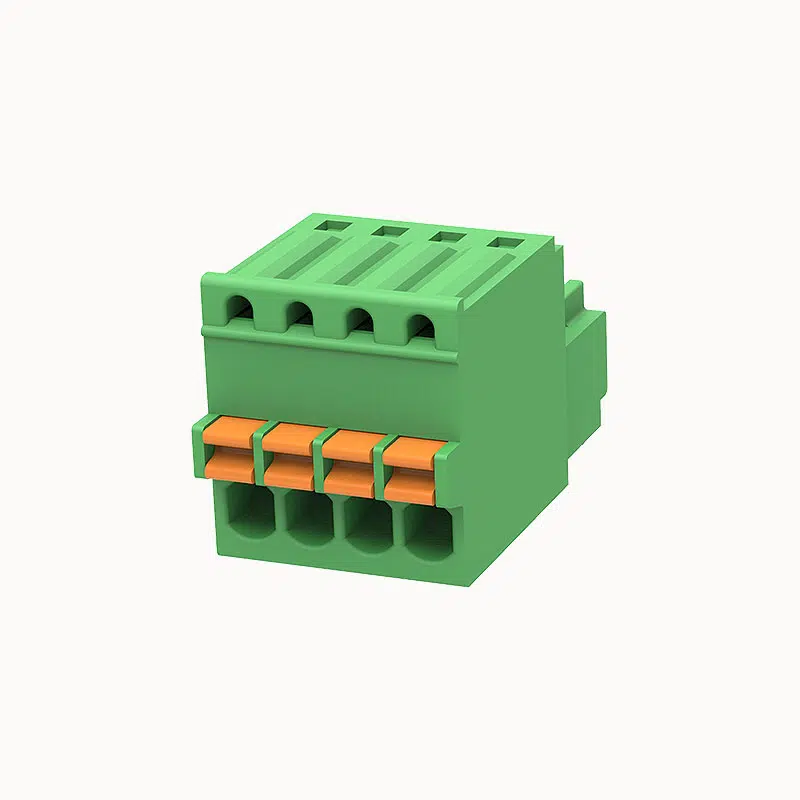
Model Number: FPS0.5-XX-250-00
Plastic material: PA66 UL94V-0
Pitch: 2.5mm
Certification: UL,CE,ROSH,CQC,TUV
Wire range: Can be 26-20 AWG
Max soldering: 250℃~±10℃/5Sec
Pole: 2-12P
(2) Multi-Function Plug-In Modules
Integrated options such as LED indicators, dual-row layouts, and test points to support smart control systems.
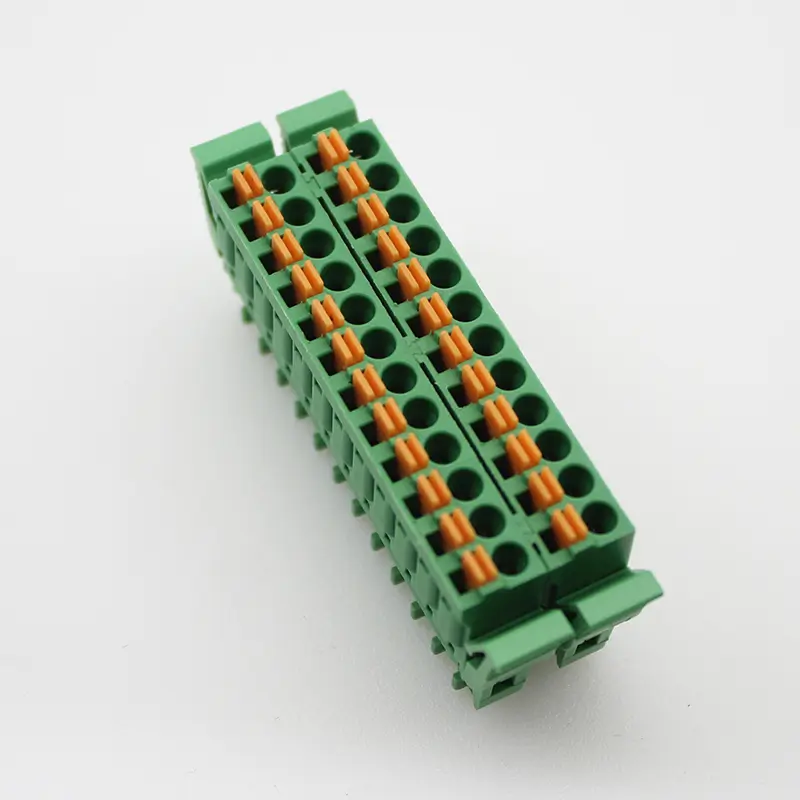
Model Number: FPS1.5-XX-350-22F
Plastic material: PA66 UL94V-0
Pitch: 3.5mm
Certification: UL,CE,ROSH,CQC,TUV
Wire range: Can be 28-16AWG
Max soldering: 250℃~±10℃/5Sec
Pole: 2-12P
(3) Upgraded Locking Mechanisms for High-Vibration Environments
Enhanced mating security ensures stable connections for railways, robotics, and renewable energy equipment.
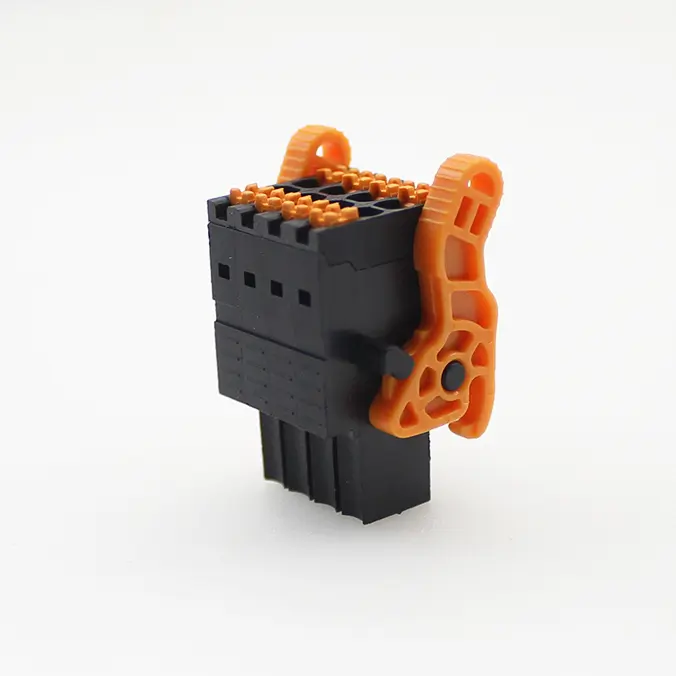
Model Number: FPS1.5-XX-350-27K
Plastic material: PA66 UL94V-0
Pitch: 3.5mm
Certification: UL,CE,ROSH,CQC,TUV
Wire range: Can be 28-16AWG
Max soldering: 250℃~±10℃/5Sec
Pole: 2-12P
Built for the Demands of Modern Industry
These new products are ideal for:
PLC panels, building automation systems, power distribution units, LED lighting modules, telecom stations, and factory automation networks.
📎 Discover AOSI’s 2025 Pluggable Terminal Block Collection
Explore New Products >>
Frequently Asked Questions
1. What is the difference between a pluggable terminal block and a fixed terminal block?
2. Which wire sizes are supported by AOSI pluggable terminal blocks?
3. How do I select the correct pitch for a pluggable terminal block?
4. Are AOSI pluggable connectors compatible with Phoenix Contact or WAGO?
5. Can I get customized terminal blocks with my company logo or color?
Conculsion
UL-certified, factory-direct terminal blocks help you build smarter. Learn how to choose pluggable terminal block with our 2025 lineup—featuring the latest wiring innovations, expert support, fast shipping, and custom OEM solutions.
👉 Ready to upgrade your terminal block solution?
Contact AOSI for samples, datasheets, or technical consultation.

